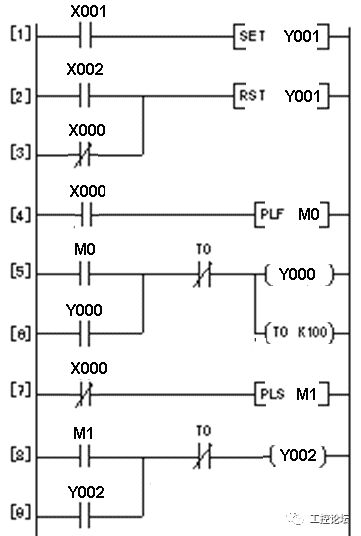**Title: Understanding the Global Keyword in Programming**
In programming, the `global` keyword plays a crucial role in defining the scope of variables within a program. Whether you're working in Python, JavaScript, or another language, understanding how `global` works is fundamental. Let's delve into its significance across various programming languages and how to use it effectively.
### Python:
In Python, the `global` keyword is used to declare that a variable inside a function is referring to a global variable, rather than creating a new local variable. Here's a simple example:
```python
x = 10
def func():
global x
x = 20
func()
print(x) # Output: 20
```
Without `global x`, the function would create a new local variable `x`, leaving the global `x` unchanged. By using `global`, we're explicitly stating that we want to modify the global variable `x`.
**Guidance:** While using `global` can be convenient, it can also lead to code that's hard to maintain and understand. It's generally recommended to minimize the use of global variables to improve code readability and maintainability.
### JavaScript:
In JavaScript, `global` refers to the global object in the context of the current runtime environment (e.g., `window` object in a web browser, `global` object in Node.js). Variables declared without `var`, `let`, or `const` keyword are automatically global. However, you can explicitly define global variables using `window` in web browsers or `global` in Node.js.
```javascript
var x = 10;
function func() {
global.x = 20;
}
func();
console.log(x); // Output: 20
```
**Guidance:** Similar to Python, excessive use of global variables in JavaScript can lead to unintended consequences and make the code difficult to maintain. Embrace modularization and encapsulation to reduce reliance on global variables.
### Other Languages:
While the syntax may vary, the concept of global variables and the `global` keyword exists in many programming languages. For instance:
- In C and C , global variables are declared outside of any function and can be accessed throughout the program.
- Java doesn't have global variables in the same sense as Python or JavaScript. However, static variables and constants can achieve similar behavior within classes.
**Guidance:** Regardless of the programming language, consider the following best practices when dealing with global variables:
1. **Minimize Global State:** Limit the number of global variables to reduce complexity and avoid unexpected side effects.
2. **Use Constants:** If a variable's value should never change, consider using constants instead of global variables.
3. **Encapsulation:** Whenever possible, encapsulate global state within modules or classes to localize its effects.
4. **Avoid Side Effects:** Global variables can lead to unintended side effects and make code harder to reason about. Use them judiciously and document their usage clearly.
By understanding how to use the `global` keyword effectively and following best practices, you can write cleaner, more maintainable code across various programming languages.

版权声明
本文仅代表作者观点,不代表百度立场。
本文系作者授权百度百家发表,未经许可,不得转载。











